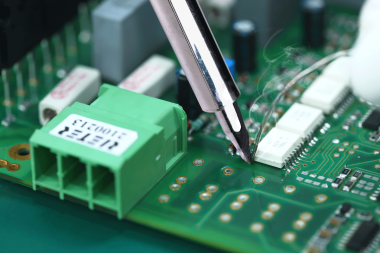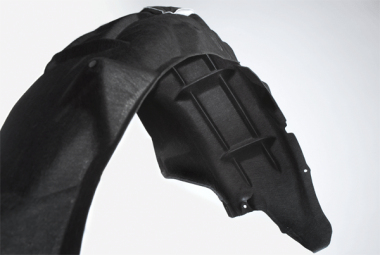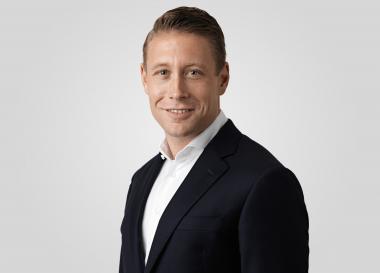Rieter Annual General Meeting 2024
On April 17, 2024, 312 shareholders, who represent 68.7% of the share capital, attended the 133rd Annual General Meeting of Rieter Holding Ltd.
Shareholders Adopt All Motions Proposed by the Board of Directors:
- Distribution of a dividend of CHF 3.00 per share approved
- Remuneration Report 2023 and future remuneration of Board of Directors and Group Executive Committee formally accepted
- All members of the Board of Directors who stood for re-election were elected
- Thomas Oetterli newly appointed Chairman of the Board of Directors
- Jennifer Maag newly appointed to the Board of Directors
- Amendments to the Articles of Association approved
Rieter Management AG





























